Books for Better Creativity 04: The Perennial Seller by Ryan Holiday, Part 1/4: “The Creative Process”
Marketer & multiple best-selling author Ryan Holiday shares insights on the creative process in this book by asking an interesting question: How do you create art that lasts?
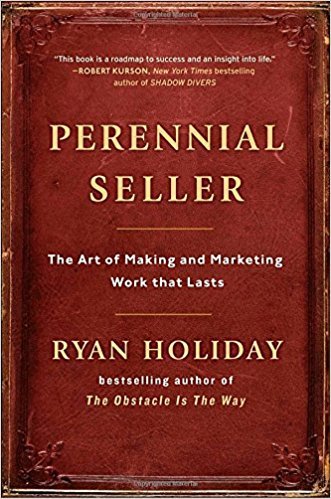
What are the common threads, if any, between the books, movies, albums, and other things that have stayed relevant for decades or beyond? It’s not a question I ever personally thought about before.
This book is so good because it offers a very pragmatic view of what it takes to make and promote any kind of art. It helped to explain phenomena that has confused me so far, so it was a good read :-)
Shout out to @aldentan for recommending this book to me.
Disclaimer
The views represented in the book do not necessarily reflect my own.
This is a way to learn from the perspectives of others, which happens best when we challenge our own beliefs. I present this information in as politically neutral a way as I can.
In these posts, “Quotes” are direct quotes, “Notes” are notes from the book’s ideas, and “Personal Thoughts” are my own ideas.
Part 1: The Creative Process - From the Mindset to the Making to the Magic
Quote: ”Look at basically everything microsoft has made for the last decade... that poor company seems resigned to spend billions marketing products that lose money.” // ”Meanwhile, Microsoft Office is still a cash cow after two and a half decades.”

Quote: ”That's why all the pre-work matters so much - conceptualization, motivation, product's fit with the market, the execution.”
Note: Intent is the first step. If you want to create something that matters, you have to believe it is possible and intend to do it. It rarely happens by mistake.
Quote: “There’s a reason that so many artists persist through insuperable obstacles, even the starving ones, to do their work. Because it’s one of the greatest and most rewarding pursuits in the world.”
Note: It's not just about having fun - it’s also about being willing to work hard for a good end result. It can be challenging to stay motivated in the middle of a long, difficult project.
example/note: The TV show Mad Men, it took seven years to from the initial idea to the first day of filming. After that it was another seven years of work to create the six seasons.
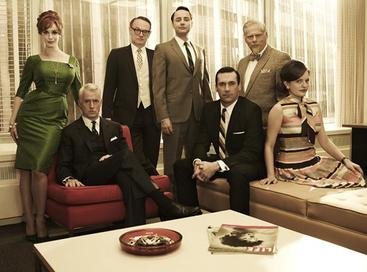
Quote: ”There is inevitably a crisis and low point in every creative work.”
Note: If you want to make a quick buck, creating a perennial seller is not the way to do it. There are faster ways to earn money.
Note: Alexander Hamilton's writings stood the test of time even though they were mostly responses to current event of his day... Seinfeld episodes work a similar way. They are *”focused on what was timeless about timely events." *
Quote: ”Focus on the things that don't change.”
Note: ”Art can't be rushed” // When you write a great book, it doesn’t matter if it takes an extra year or two to get it right.
Note: Be skeptical of anything that seems urgent.
“Quote:” “While creativity can seem like magic, like every magic trick, there is a method behind it.”
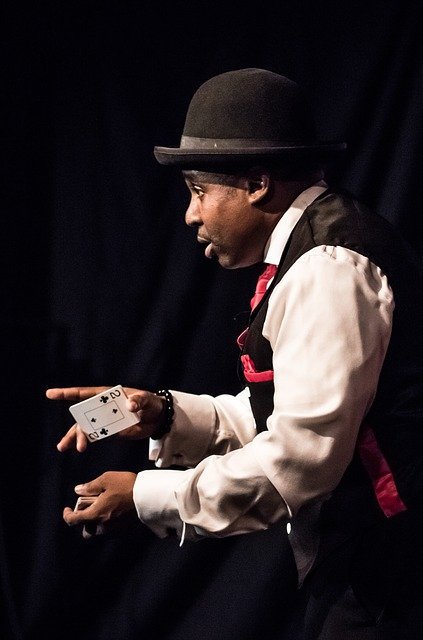
magician // source: pixabay
Personal Thought: Being successful as an artist of any kind is definitely a magic trick - you make it look easy, but really it’s the result of a ton of hard work and preparation. Everybody wants to create great work & be able to live a comfortable financial life without an arbitrary day job. Few people pull this off - and that’s the magic trick. It’s cool to see Ryan use a similar metaphor here.
Note: Hemingway often said writing is nothing more than to “sit down and bleed” - but, in reality, his manuscripts show meticulous editing and in some cases, DOZENS of alternate endings!
Note: The idea of the artist who creates great work “naturally” is generally a myth - an image, cultivated by the artists and the marketers, but not reflecting reality.
Quote: “If there is any magic in creative expression, its how small ideas can become big important awe-inspiring works if a person invests enough time in them.”
Note: Silence and slow thinking are key to the creative process - everybody from gangsters (Frank Lucas) to military strategists (John Boyd) have spoken about the need to spend a long amount of time just thinking and considering ideas before acting.
Quote: “In the way that a good wine must be aged… an idea must be given space to develop. Rushing into things eliminates that space.”
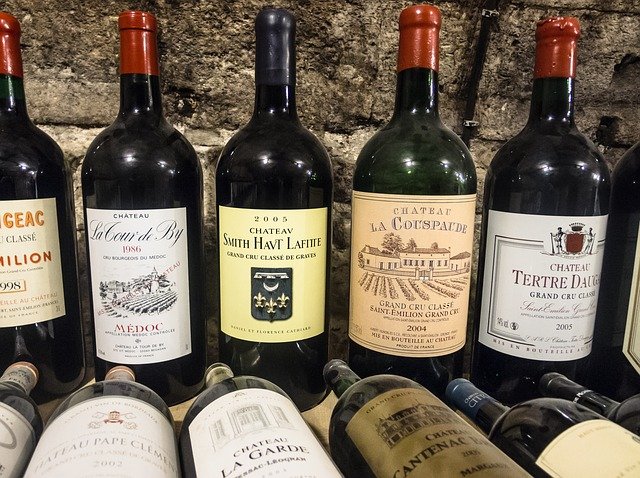
wine // source: pixabay
Personal Thought: In the moment, it often feels like there is a rush. You feel like you need to make progress ASAP. I believe that in these stressful moments, it is the most important time to slow down and think.
Note: Seeking out feedback is useful early in the process - bounce early ideas off of friends at dinner, over coffee. But be cautious - everybody has a different sense of taste. In the end, you are using this process to help yourself understand what YOU feel.
Note: Another way of looking at it - before you get feedback, think about WHAT you are trying to understand. Then you can filter feedback against your goal.
Quote: ”The absence of an intended audience is not just a commercial problem, it is a creative one.”
Personal Thought: A lot of artists refuse to think about the audience “It’s MY art, I’m not selling out,” is the idea. This makes no philosophical sense tho - if you have the desire to be heard, be seen, be engaged with, you are on some level seeking approval. Art is a reaction for/against culture - it’s a social act. The only time art is completely isolated from culture, is when you create it and show it to no one.
Note: It can be useful to use a “proxy” - one person who you write for, who represents your overall audience. They can be an imaginary person if that helps.
Note: Don’t water down what is special - distill it. Example: Rick Rubin producing Slayer’s first major label album - they made it heavier, not more accessible, and to great success.
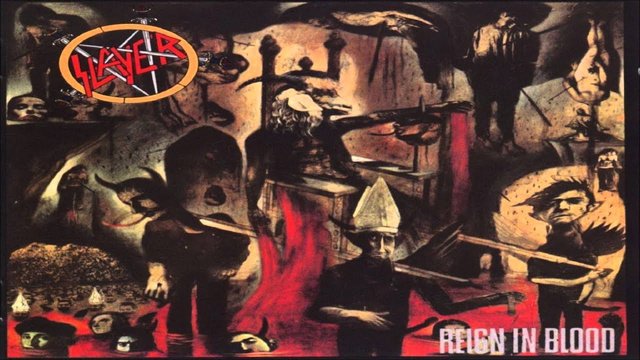
Note: Early in the process, you won’t know if you are on the way to your best work. The more confident (cocky) you feel early on, the less likely you are to end up with something great. Paradoxical!
Final Thoughts
Creativity can be fun, but there’s always something difficult around the corner. It’s a yin/yang, a cycle of white and black belt, a mobiüs strip.
You gotta learn to handle those down times to make great work. Sometimes it is about solving the puzzles that don’t interest you - monetization, promotion, logistics. The better you get at that stuff, the more time you get to spend on the art itself.
Don’t think of it as a catch-22. Think of it as a synergistic relationship between multiple elements of your life. Whenever one thing gets better, it all gets better.
The next post in this series comes on Monday and will cover Part 2: Positioning.
Question
What does your creative process look like?

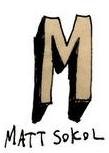
Great post @heymattsokol. Exceptional post.
I like the magic trick analogy. I think that there is a lot of prep behind high level creative output. Not to be confused with creative output. A fingerpainting from a grade 2 is creative and lovely. A unique and highly creative painting by a seasoned painter has a creative process supported by extensive training and experience. I feel like I'm preaching to the choir. I'll be quiet on that.
Considering the audience is another interesting point you bring up. That is a tough one. If you are using your art to buy food then it is silly to not consider SOME of the audience at the very least. If we step back and consider the person who will ruin themselves for their art would we not question their sanity as a human? How about a carpenter who destroys his tools as he build a house as fast as possible? hmm. We live in a society where living on creativity can be tricky. This in unfortunate. I know I am not the first to this observation, but perhaps WE can be the first to find a palatable solution for artist and audience.
Off to bed